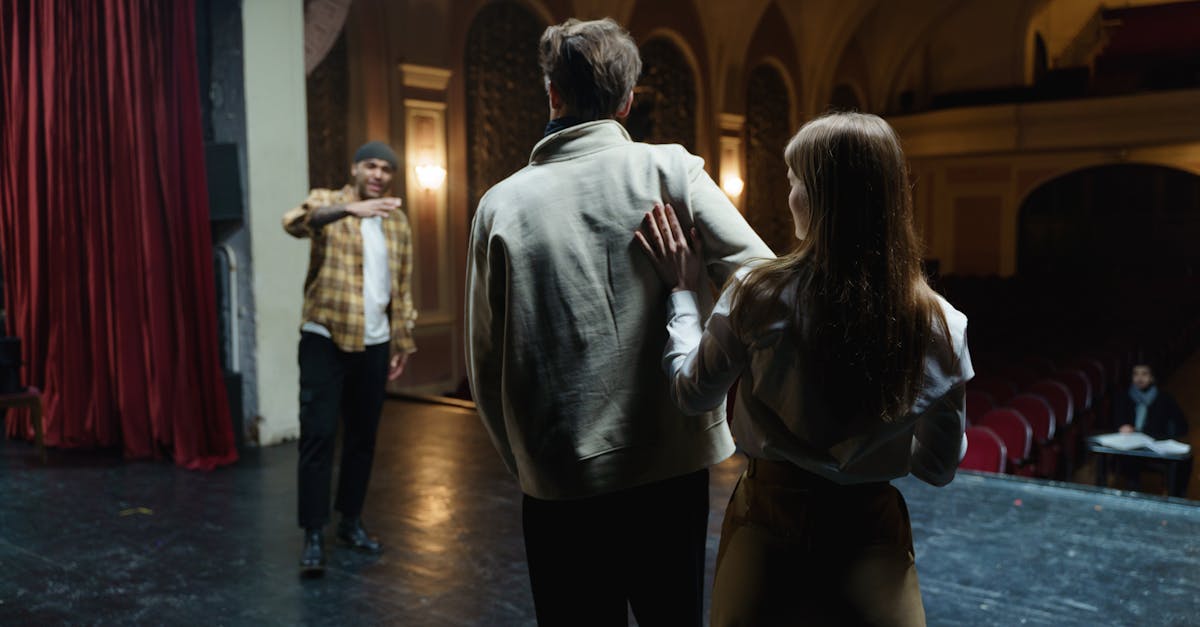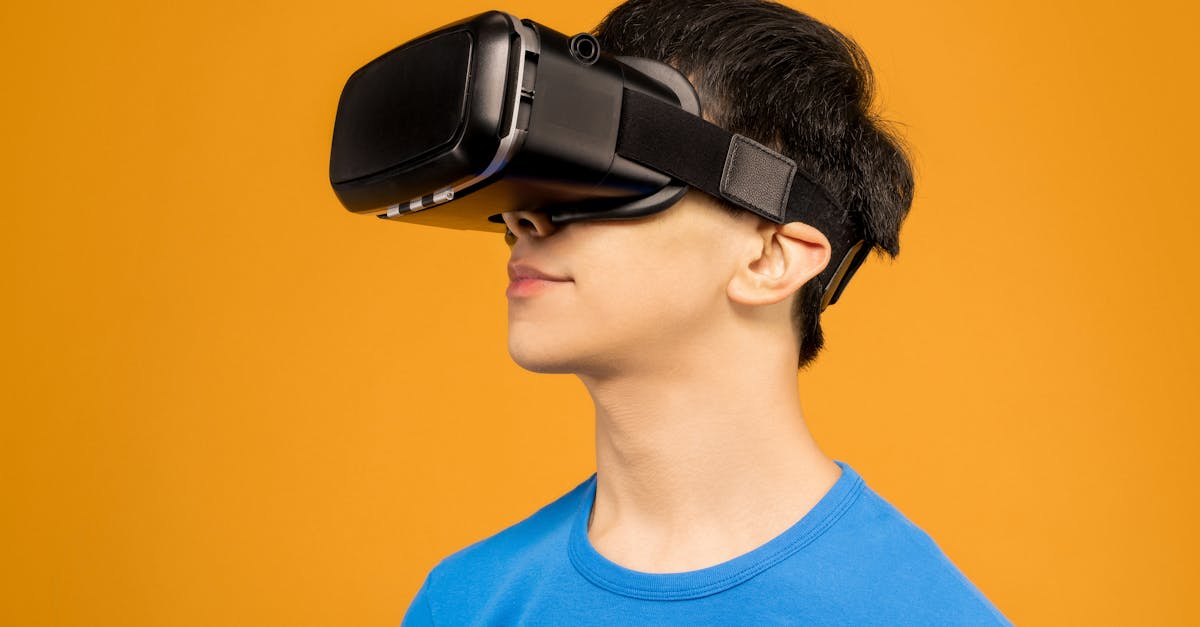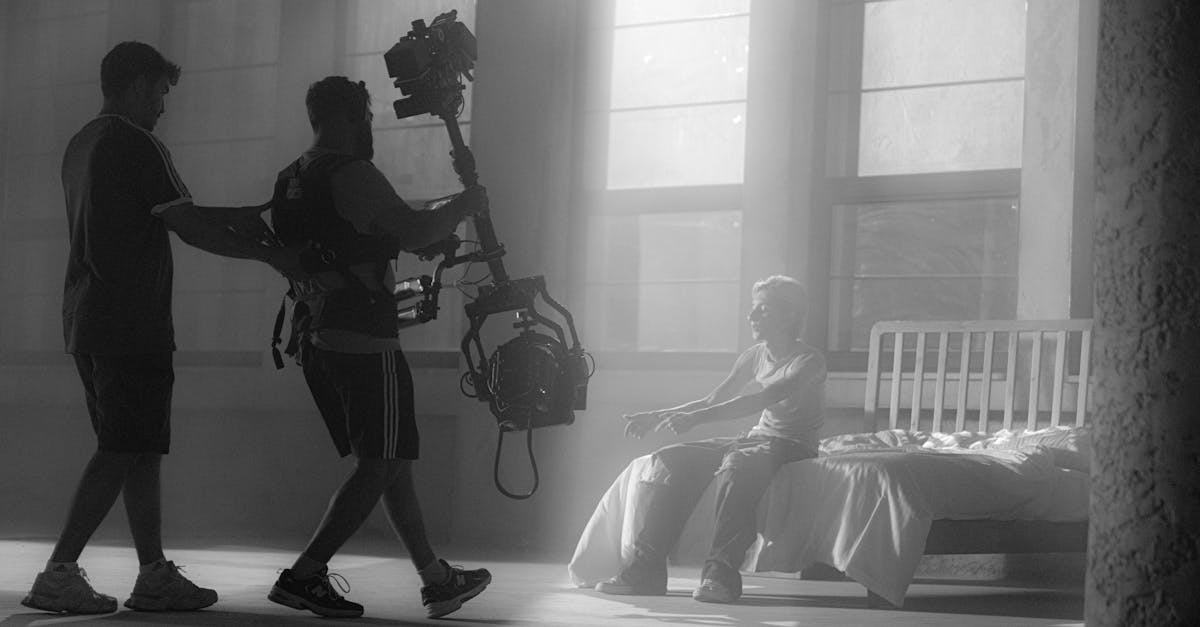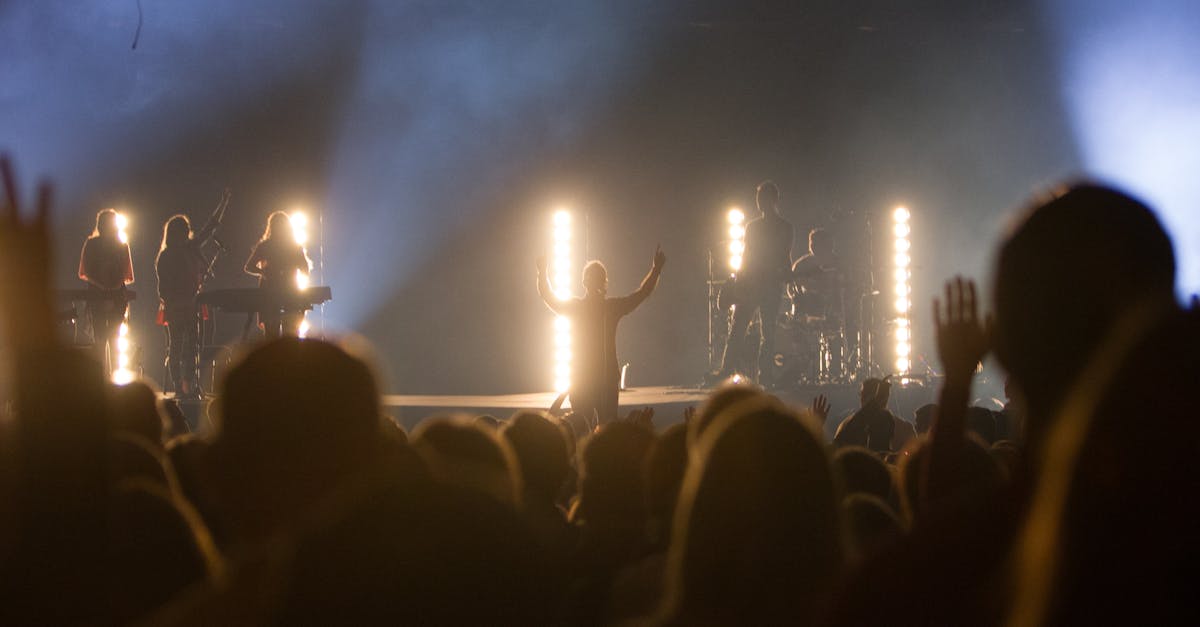Exploring Pioneering Arts Entertainment Trends
Introduction
The world of arts and entertainment continues to fascinate as it evolves with dynamic innovations. In 2024, pioneering trends are shaping a new landscape, redefining how audiences experience creative works. From immersive technologies to progressive storytelling, the boundaries of traditional arts are being stretched. As globalization fosters multicultural exchanges, new influences merge to produce groundbreaking phenomena. The digital revolution continues to unleash possibilities, impacting visual arts, music, theater, and cinema alike. Let's delve into the transformative trends redefining the arts and entertainment industry today.
Advertisement
Digital Art and NFTs
The proliferation of digital art continues to transcend conventional forms, led by the rise of Non-Fungible Tokens (NFTs). NFTs provide unique ownership of digital creations, allowing artists to market their work on a global scale. Digital platforms now host art galleries, enabling digital artists to reach international audiences without physical constraints. This trend democratizes art, offering emerging talents a chance to shine, while attracting traditional collectors into the virtual realm. Sales of NFT art have skyrocketed, reflecting the allure of owning distinctive, blockchain-certified pieces. Thus, digital art is spearheading the innovation of contemporary forms and transactions.
Advertisement
Virtual and Augmented Reality
Virtual Reality (VR) and Augmented Reality (AR) are revolutionizing the consumption of arts and entertainment by providing fully immersive experiences. In the domains of theater and film, VR and AR blur the lines between the audience and the narrative. Viewers can step into historical recreations, explore intricate set designs, or embark on interactive adventures. Museums and galleries too are embracing these technologies to offer digital tours and enhance physical exhibits with AR overlays. Spectators are no longer passive consumers; instead, they are active participants, shaping narrative and engagement across new dimensions.
Advertisement
Interactive Storytelling
Interactive storytelling continues to redefine how stories are told, thanks to technology's relentless advancement. Innovators are crafting narratives where audience decisions influence plot outcomes, creating personalized experiences. Known as interactive films and games, these productions blend cinematic storytelling with player agency. Platforms like Netflix have invested in this format, providing films and series where user choices determine endings. Such narratives ensure re-watchability, as diverse user experiences unfold. This trend intersects gaming and cinema, opening the doors to collaborative projects that push creative boundaries, challenging traditional passive media consumption.
Advertisement
Immersive Live Performances
Live performances have transformed beyond conventional stages, with performers and audiences interacting in ever-creative ways. Immersive theater allows the audience to journey into narrative worlds, becoming part of the story themselves. Personalized performances are delivered in unique spaces, from converted warehouses to historical sites. Augmenting shows with technology, performers use projection mapping, holography, and even audience-centered quests. The evolving landscape focuses on connecting spectators emotionally and intellectually, creating memories that last a lifetime. This hybrid experience bridges the digital and the physical, promising an avant-garde future for performing arts.
Advertisement
Sustainable Art Practices
Amid growing environmental concerns, artists and creators are championing sustainability in the arts. Eco-friendly art practices are gaining traction; biodegradable materials, upcycled installations, and renewable energy sources are making waves. Artists are consciously reducing carbon footprints, advocating for responsible creation and consumption. Public installations utilize solar-powered lighting, while "artivism"—artistic activism—raises awareness of ecological issues, merging art with social responsibility. This trend marries creativity with conscientious production, illustrating that art, while transformative, can also be a catalyst for environmental change.
Advertisement
AI in Music and Visual Arts
Artificial Intelligence (AI) is becoming an integral part of modern artistic creation, providing new tools for musicians and visual artists. AI algorithms can compose music, generate complex visuals, and even assist in scriptwriting. This technology is serving as a muse, inspiring creative possibilities previously unimagined. Musicians are collaborating with AI to produce symphonies and experiment with soundscapes unexplored by human limits. Visual artists use AI to craft stunning, data-driven works. As AI evolves, it encourages a new collaborative space between human creativity and machine learning, opening avenues for uncharted artistic exploration.
Advertisement
Fusion of Cultures in Art
Globalization has led to a fusion of cultures, dramatically influencing arts and entertainment trends. The convergence of diverse genres, traditions, and practices results in a rich tapestry reflecting our interconnected world. Multicultural festivals showcase converging influences, with music, dance, and art celebrating unity in diversity. The exchange of cultural stories and rituals has transformed traditional frameworks, fostering unique hybrid forms. The fusion trend invites audiences to embrace global perspectives, appreciating the intricacies of different cultures. This cross-cultural dialogue continues to challenge artistic norms and foster fresh perspectives.
Advertisement
Personalized Streaming Services
Streaming services are shifting towards personalization, offering curated experiences that cater to individual preferences. Algorithms analyze user habits, creating bespoke playlists and recommending content tailored to specific tastes. Music and video platforms provide a personalized aesthetic, ensuring direct engagement with content, enriching viewer and listener experiences. This data-driven personalization enhances user satisfaction, fostering long-term engagement. As services evolve, they might combine consumer preferences to deliver newly commissioned works, blending consumer demand with creative innovation. Future streaming experiences promise a marriage of entertainment and individuality.
Advertisement
Summary
Pioneering arts and entertainment trends are reshaping the industry's landscape through technological innovation and cultural fusion. From the digital revolution and immersive performances to sustainable practices and cross-cultural influences, the boundaries of traditional art forms are expanding. These innovations promise personalized, interactive experiences that connect audiences to global narratives. As the arts evolve, so do the creators and consumers, navigating an era teeming with possibilities. The continued evolution of these pioneering trends ensures the arts remain vibrant, responding to not only today’s demands but also anticipating tomorrow’s creative horizons.
Advertisement








